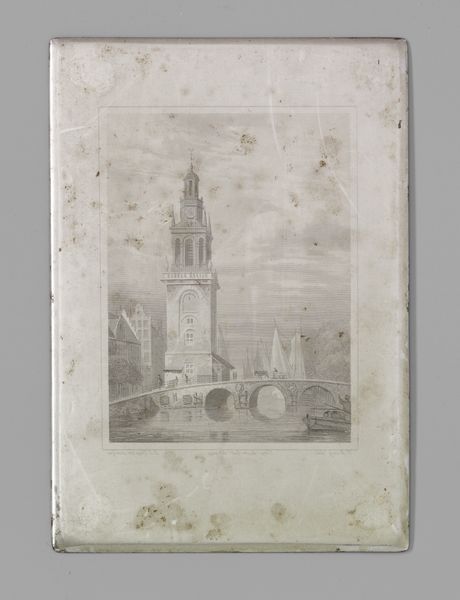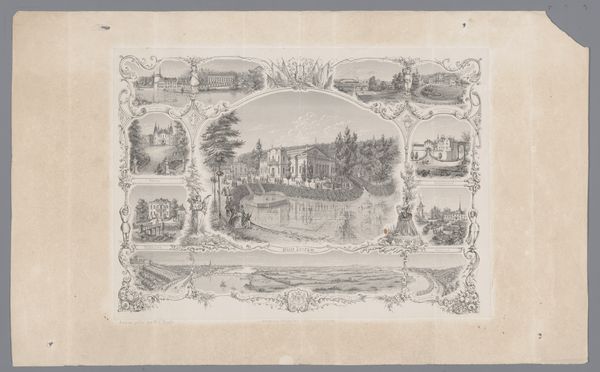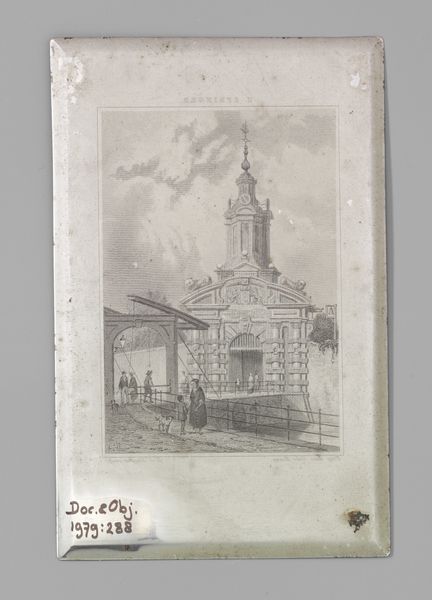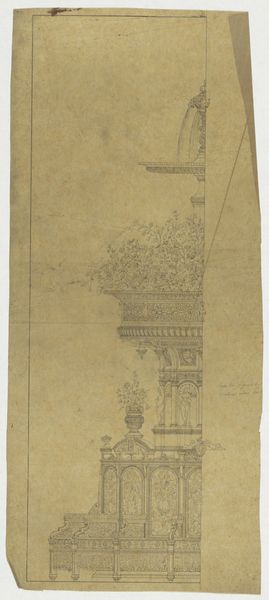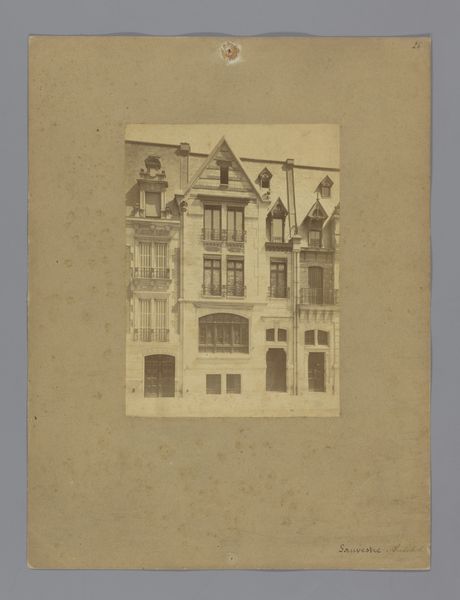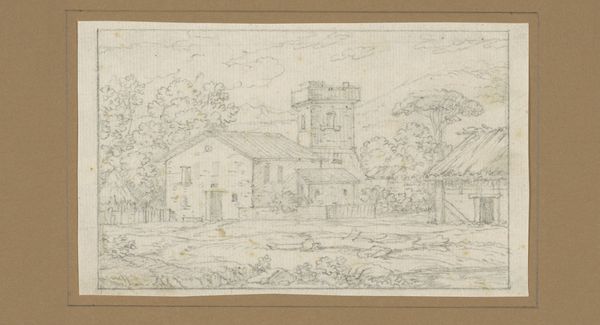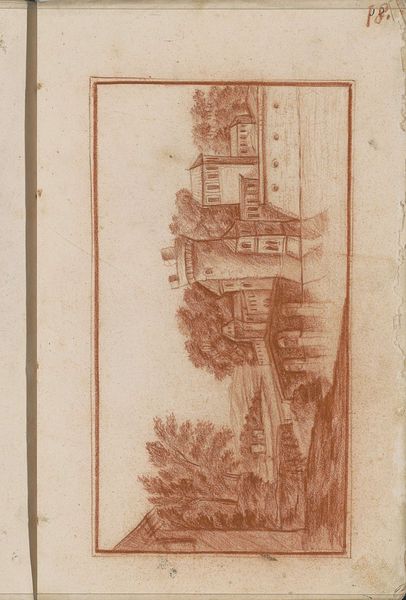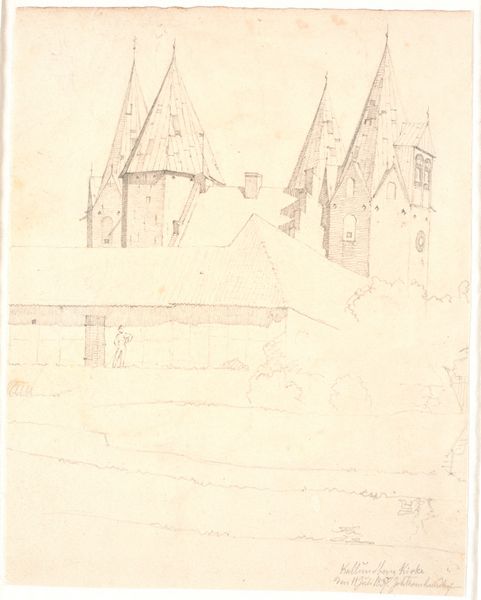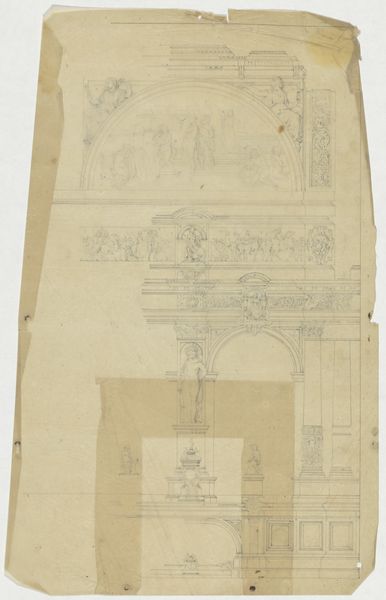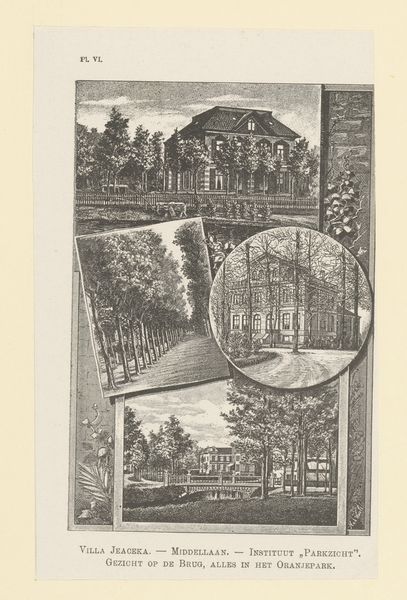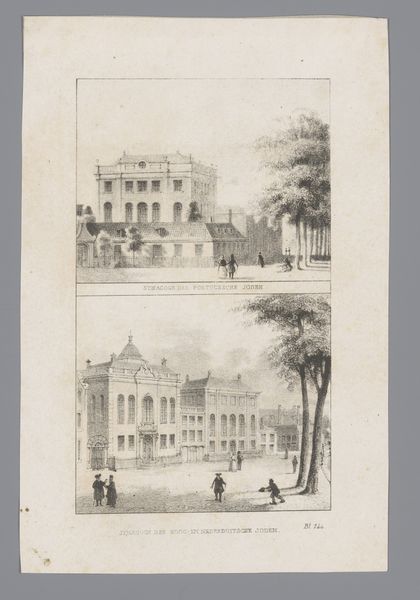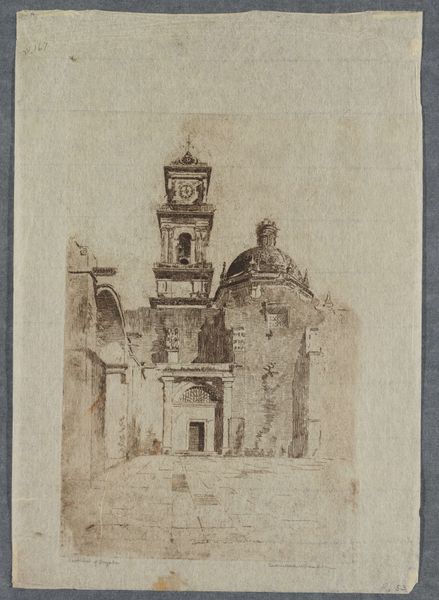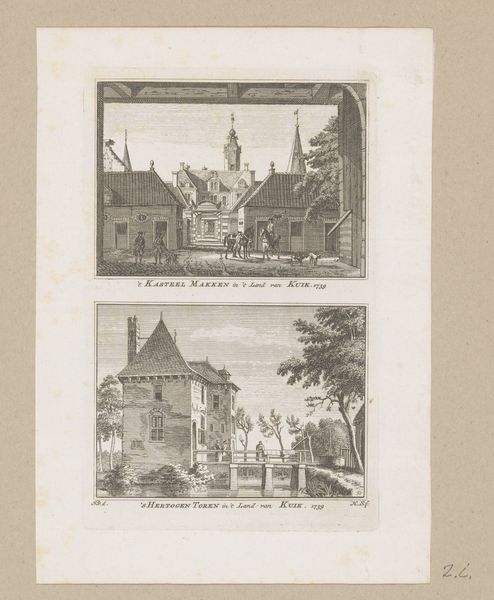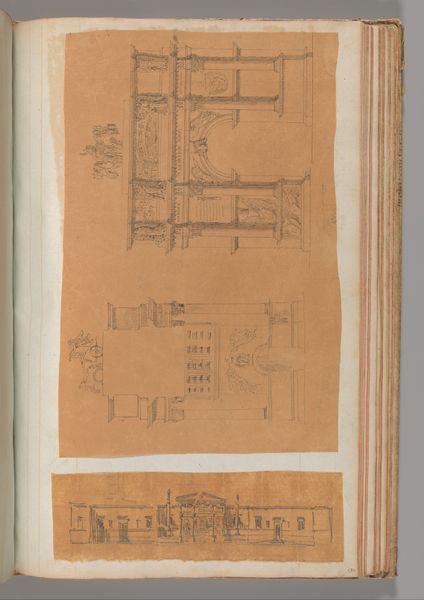!['Het toneel van den Amsterdamschen Schouwburg 1637' en 'Costers Nederduitsche [...]' by Lubertus Teunis van Deth](/_next/image?url=https%3A%2F%2Fd2w8kbdekdi1gv.cloudfront.net%2FeyJidWNrZXQiOiAiYXJ0ZXJhLWltYWdlcy1idWNrZXQiLCAia2V5IjogImFydHdvcmtzLzMzNmE0Y2RmLTIyNjEtNGVlMy1hMjE0LTkzYWQ5OGE2ZjgzZi8zMzZhNGNkZi0yMjYxLTRlZTMtYTIxNC05M2FkOThhNmY4M2ZfZnVsbC5qcGciLCAiZWRpdHMiOiB7InJlc2l6ZSI6IHsid2lkdGgiOiAxOTIwLCAiaGVpZ2h0IjogMTkyMCwgImZpdCI6ICJpbnNpZGUifX19&w=3840&q=75)
'Het toneel van den Amsterdamschen Schouwburg 1637' en 'Costers Nederduitsche [...]' after 1814
0:00
0:00
drawing, print, paper, engraving
#
drawing
#
dutch-golden-age
# print
#
paper
#
cityscape
#
engraving
Dimensions: height 239 cm, width 145 cm
Copyright: Rijks Museum: Open Domain
Lubertus Teunis van Deth created this print of the Amsterdam Theatre from 1637, likely using etching or engraving—intaglio processes where lines are incised into a metal plate, inked, and then transferred to paper under pressure. The linear quality, precise detail, and tonal variations are all products of this skilled, labor-intensive practice. The choice of printmaking is significant here. Unlike painting or sculpture, prints are inherently reproducible. Van Deth's print connects to the rise of a wider, commercial visual culture in the 19th century. Through printmaking, images of theatre architecture became more accessible, circulating as commodities within an expanding market for art and information. This reflects a shift in cultural consumption. Recognizing the significance of materials and processes challenges traditional boundaries between art and craft. We gain insight into the broader social and economic context in which art is produced and consumed.
Comments
No comments
Be the first to comment and join the conversation on the ultimate creative platform.
